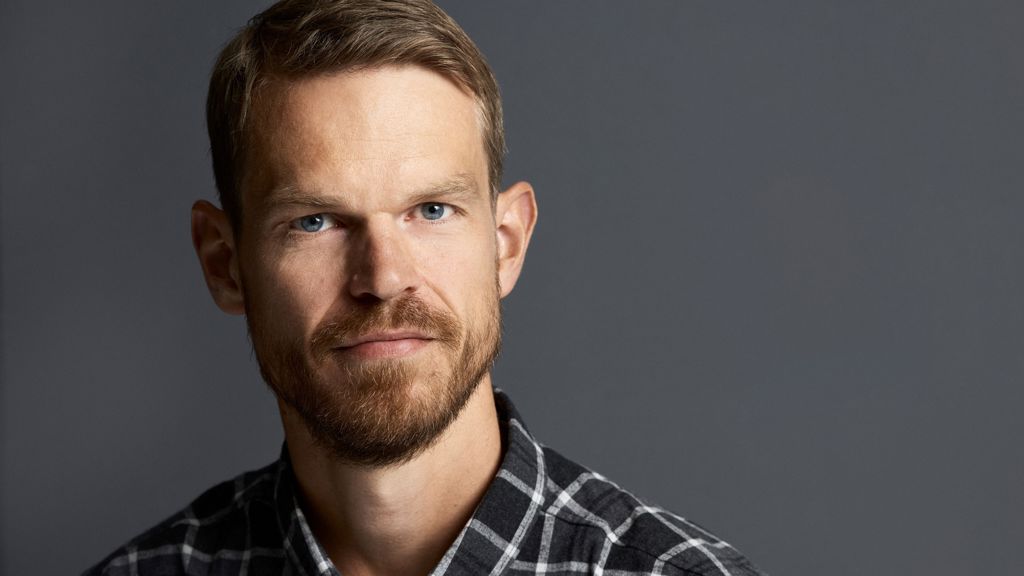Svend Brinkmann: This is the greatest challenge in the world of work
After decades focusing on endless development, it is now time to take your own personality out of work, before it goes wrong, says Svend Brinkmann, Professor of Psychology.

Our spare time has become part of work
Disruption, Covid-19 and AI have only reinforced the need for slowing down the pace.
“Very briefly, the great challenge in the world of work is that most people do not work for the sake of the job, but for the sake of an income. When we tighten requirements and KPIs and demand that individuals develop their personality, even asking them to evaluate it, and when we speak about how you are as a person at appraisal interviews, says Svend Brinkmann, elaborating:
“Then, we might be crossing your personal boundaries, or something you would previously have considered your personal space, and when we step into this space and makes it the subject of optimisation and development, that’s when there is a risk that you might strain yourself perhaps even to the point of developing symptoms of stress and burnout.”
According to Brinkmann, this risk is especially present in industries with a high level of competition and many relations to colleagues and customers. He indicates that the boundaries between work and private life have gradually blurred as leisure activities have been weaved into our professional lives.
This is known as the “The Wellness Syndrome”:
“As humans, we are at our best when we are off work and go for walks in nature or spend time with friends or indulge in our interests and hobbies. And modern workplaces saw this and said ‘okay, we need to have this at work’, and then came the DHL Relay Race, choir, massage, pub crawl and all sorts of things linking the employee to the workplace through some sort of meaningful activity despite none of it really being related to the actual work activities,” says Svend Brinkmann.
He finds that a completely different focus is needed.
“I consider it a poor replacement for what would be better: focusing on what it is that you are doing. Obviously, we are not here to run in the DHL Relay Race; we are here to produce something, create something,” he explains.





